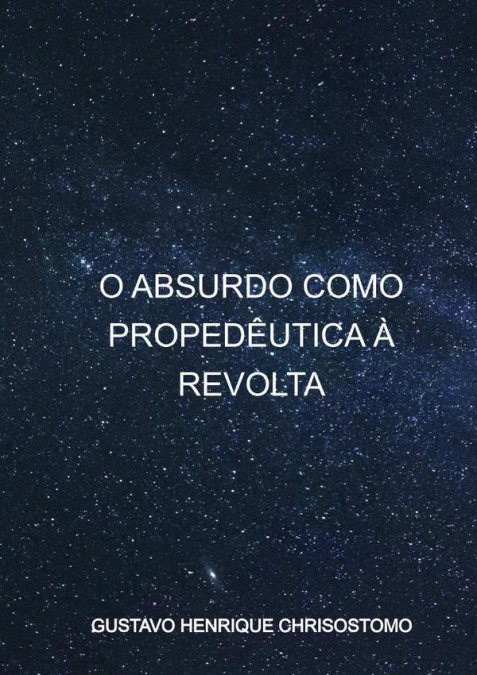
 Librería 7artes
Librería 7artes
 Donde los libros
Donde los libros
 Librería Elías (Asturias)
Librería Elías (Asturias)
 Librería Kolima (Madrid)
Librería Kolima (Madrid)
 Librería Proteo (Málaga)
Librería Proteo (Málaga)
Buscar um sentido na vida é algo que pode ser visto como natural, afinal, o ser humano geralmente necessita de respostas às questões que envolvem o mundo em que vive, como uma maneira de se sentir seguro. Por isso, não faltam doutrinas religiosas e correntes filosóficas que têm como objetivo justamente preencher essa lacuna que seria própria ao entendimento humano, seja prometendo uma resposta definitiva e uma recompensa, como no caso das religiões, seja buscando uma compreensão definitiva do mundo, como algumas filosofias.Todavia, as constantes tentativas de explicações geram demasiadas ilusões, que dificultam uma compreensão da realidade de acordo com o que ela é, pois apresentam um mundo em que todos os tormentos humanos têm justificativas, como uma provação, e ainda alimentam a expectativa de uma melhoria futura, como recompensa por todos os danos sofridos neste mundo. Assim, diversas correntes filosóficas explanam acerca de questões que, por exemplo, para Albert Camus, são irrelevantes, uma vez que não levam em consideração, primeiramente, conteúdos referentes ao ser humano e sua incansável busca por sentido no mundo.Assim, enraizada por muito tempo, a ilusão de sempre poder contar com um mundo familiar começa a definir as atitudes humanas, que passam a agir como se, de fato, o mundo fosse um lugar acolhedor e como se a vida tivesse um propósito assegurado, o que pode ser questionado com base em autores como Camus e Schopenhauer, por exemplo, que tematizam exatamente a indiferença própria à vida e a insuficiência de toda familiaridade constituída pelos seres humanos.Dessa forma, em um determinado momento, para um determinado alguém, o véu que impede de ver a realidade do mundo se dissipa, e essa realidade vem à tona de uma maneira forte o suficiente para colocar em questão todas as ilusões edificadas até então. A rotina que se estende, sempre da mesma maneira, os anos se passando e nenhuma grande mudança, nenhum grande objetivo efetivamente alcançado, provocam um cansaço significativo em relação ao cotidiano, que parece despropositado.